A Political Clash of Titans
In a fiery response to former Kaduna State Governor Nasir El-Rufai’s call for opposition leaders to join the Social Democratic Party (SDP), former Jigawa State Governor and Peoples Democratic Party (PDP) stalwart, Alhaji Sule Lamido, has dismissed the invitation as baseless and hypocritical. The exchange, which has sparked a heated debate in Nigeria’s political circles, highlights the deepening divisions and shifting alliances within the country’s political landscape.
El-Rufai’s Bold Move to SDP
Last week, Nasir El-Rufai, a prominent figure in Nigerian politics, made headlines when he announced his defection from the ruling All Progressives Congress (APC) to the Social Democratic Party (SDP). In a special interview, El-Rufai extended an open invitation to key opposition leaders, including former Vice President Atiku Abubakar, Peter Obi, Rotimi Amaechi, and Rauf Aregbesola, urging them to join him in the SDP.
El-Rufai’s move was seen as a strategic attempt to reposition himself and rally like-minded politicians ahead of the 2027 general elections. However, his call has not been well-received by everyone, particularly within the PDP.
Lamido’s Scathing Response
Sule Lamido, a founding member of the PDP and former governor of Jigawa State, did not mince words in his response to El-Rufai’s invitation. In an interview with the BBC, Lamido criticized El-Rufai for lacking the political ideology and commitment to national development necessary to make such a call.
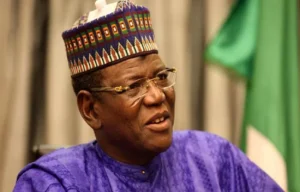
“Honestly, without disrespect, how does he expect us in PDP to follow him to another party? The PDP is the party that made him who he is,” Lamido stated.
Drawing a vivid analogy, Lamido added, “How can a grandson claim that his grandfather knows nothing?” He reminded El-Rufai that his political rise was facilitated by the PDP, the party under which he served as a minister during the administration of former President Olusegun Obasanjo.
A History of Political Rivalry
Lamido also recalled El-Rufai’s past dismissive remarks about the influence of political elders in Nigeria. During his tenure as Kaduna State governor, El-Rufai had claimed that he and his allies were the real power brokers, downplaying the role of older politicians.
“But now, he says he advised Buhari on his next steps. If he truly believes Buhari’s instructions are irrelevant, why did he seek his approval before leaving APC?” Lamido questioned, highlighting what he sees as El-Rufai’s inconsistency.
Lamido’s Unwavering Commitment to PDP
Despite the challenges facing the PDP, Lamido reiterated his loyalty to the party, describing it as the bedrock of Nigerian democracy. He emphasized that the PDP had played a pivotal role in shaping the country’s political landscape and nurturing many of its current leaders, including El-Rufai.
“No matter the challenges within PDP, this is the party that shaped Nigerian democracy. If El-Rufai was ever a minister, it was under PDP. Everything he has today, PDP made it possible,” Lamido declared.
He also pointed out that if he had ever considered leaving the PDP, he would have done so in 2014 when the APC was formed. Instead, he chose to remain loyal to the party, even as others defected in anger.
“They left PDP in anger, claiming it had failed. Now APC has failed them, so what next?” Lamido asked, questioning the motives behind El-Rufai’s latest move.
A Call for Principled Leadership
Lamido used the opportunity to caution Nigerian politicians against making decisions driven by personal grievances or ambition. He stressed that leadership requires patience, foresight, and a commitment to the nation’s peace and well-being.
“Leadership is not driven by anger, frustration, or personal ambition. It requires patience, foresight, and a commitment to the peace and well-being of the nation,” he said.
Read also: “Kaduna Police Clash with El-Rufai Over ‘Kidnapping Gang’ Claims: Fact or Fiction?”
Addressing calls for the removal of President Bola Tinubu, Lamido warned against opposition driven by personal vendettas.
“If the goal is to remove Tinubu, it should not be out of anger. You don’t fight a leader simply because he upset you or for revenge. Governance should be about national interest, not personal emotions,” he declared.
Nigeria’s Image and the Need for Reform
Lamido concluded by urging Nigerian politicians to prioritize the country’s progress over personal disputes. He emphasized the importance of governance that respects human rights, ensures peace, and upholds Nigeria’s image on the global stage.
“Nigeria’s image in the world is at stake. Our governance must respect human rights and ensure peace. What we need is reform, not emotional reactions,” Lamido stated.
A Battle of Ideologies
The exchange between Sule Lamido and Nasir El-Rufai underscores the ideological and personal rifts shaping Nigeria’s political landscape. As the 2027 elections draw closer, such clashes are likely to intensify, with each side seeking to rally support and define the narrative. For now, Lamido’s staunch defense of the PDP and his critique of El-Rufai’s political maneuvers have set the stage for a deeper conversation about loyalty, leadership, and the future of Nigerian democracy.






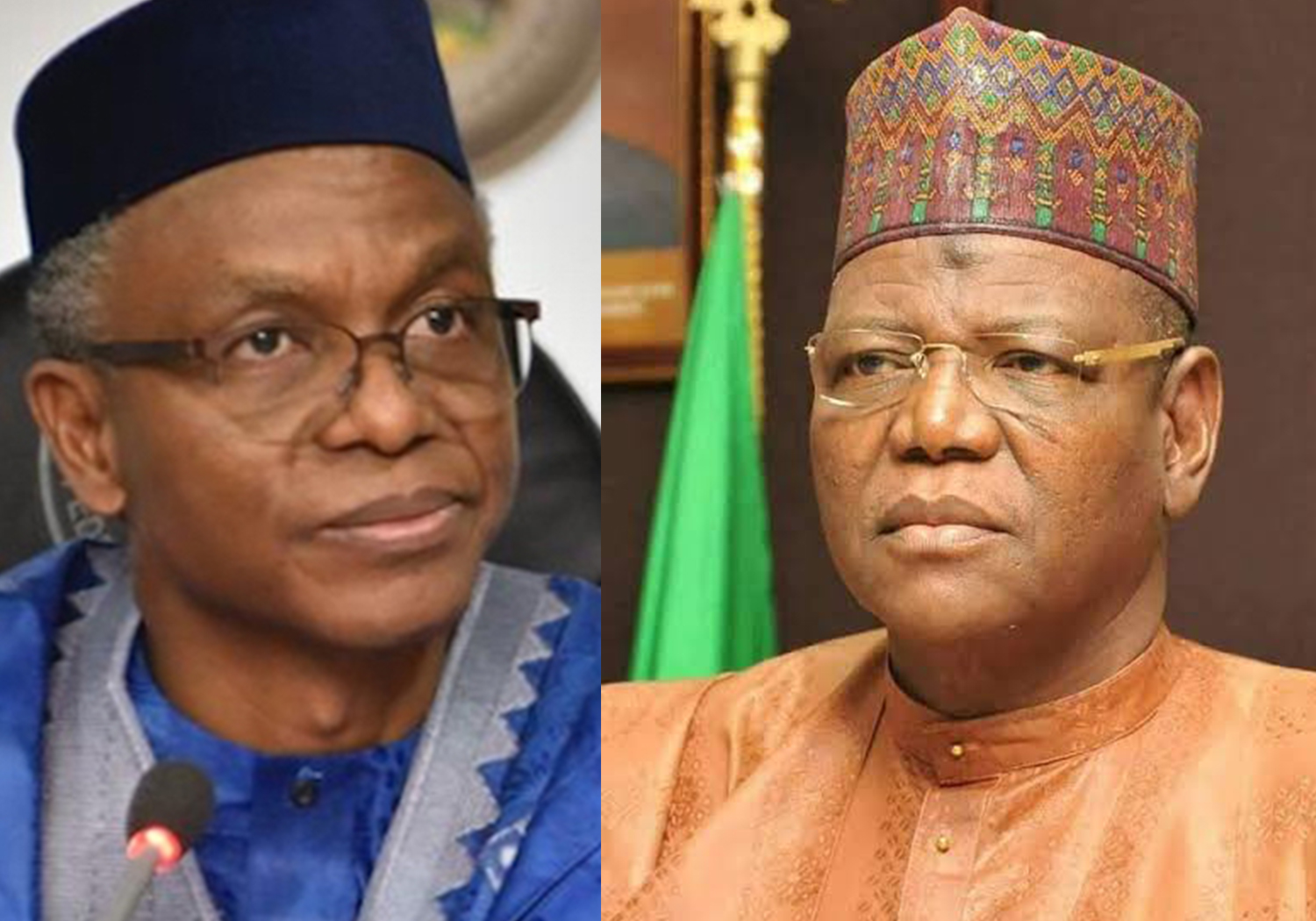
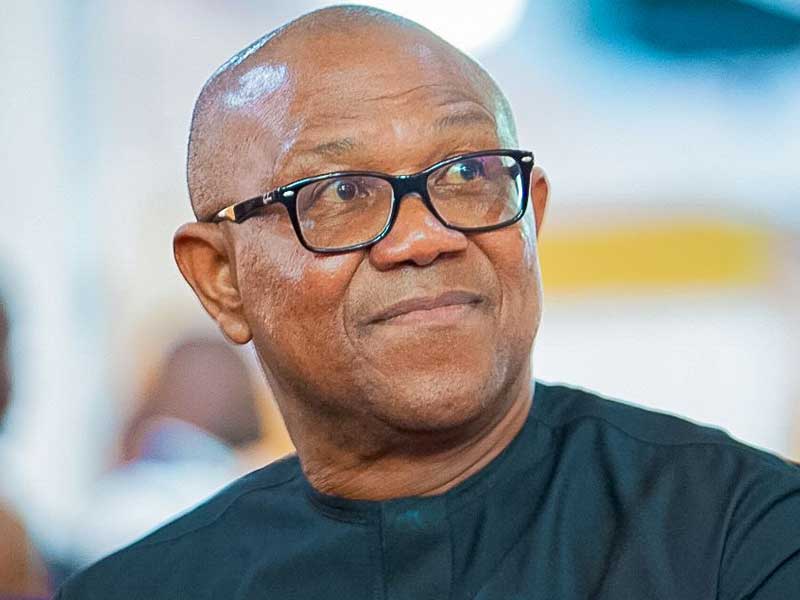




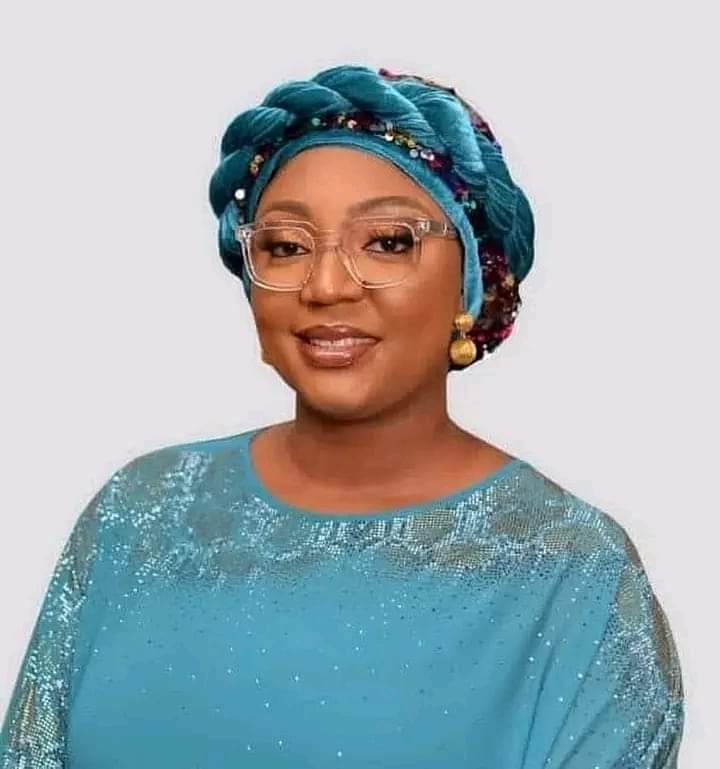

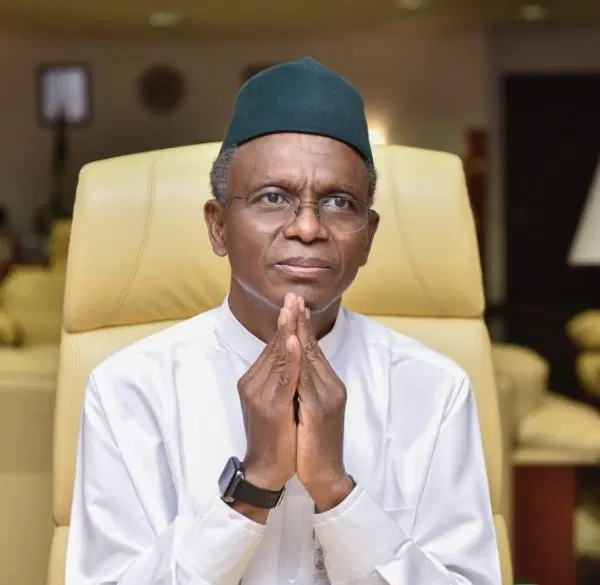
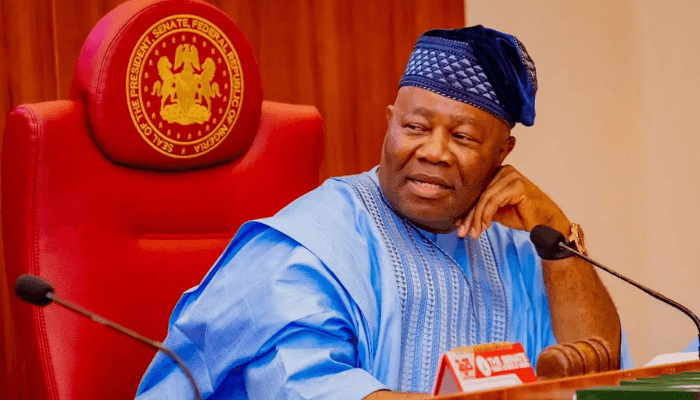
Got a Questions?
Find us on Socials or Contact us and we’ll get back to you as soon as possible.